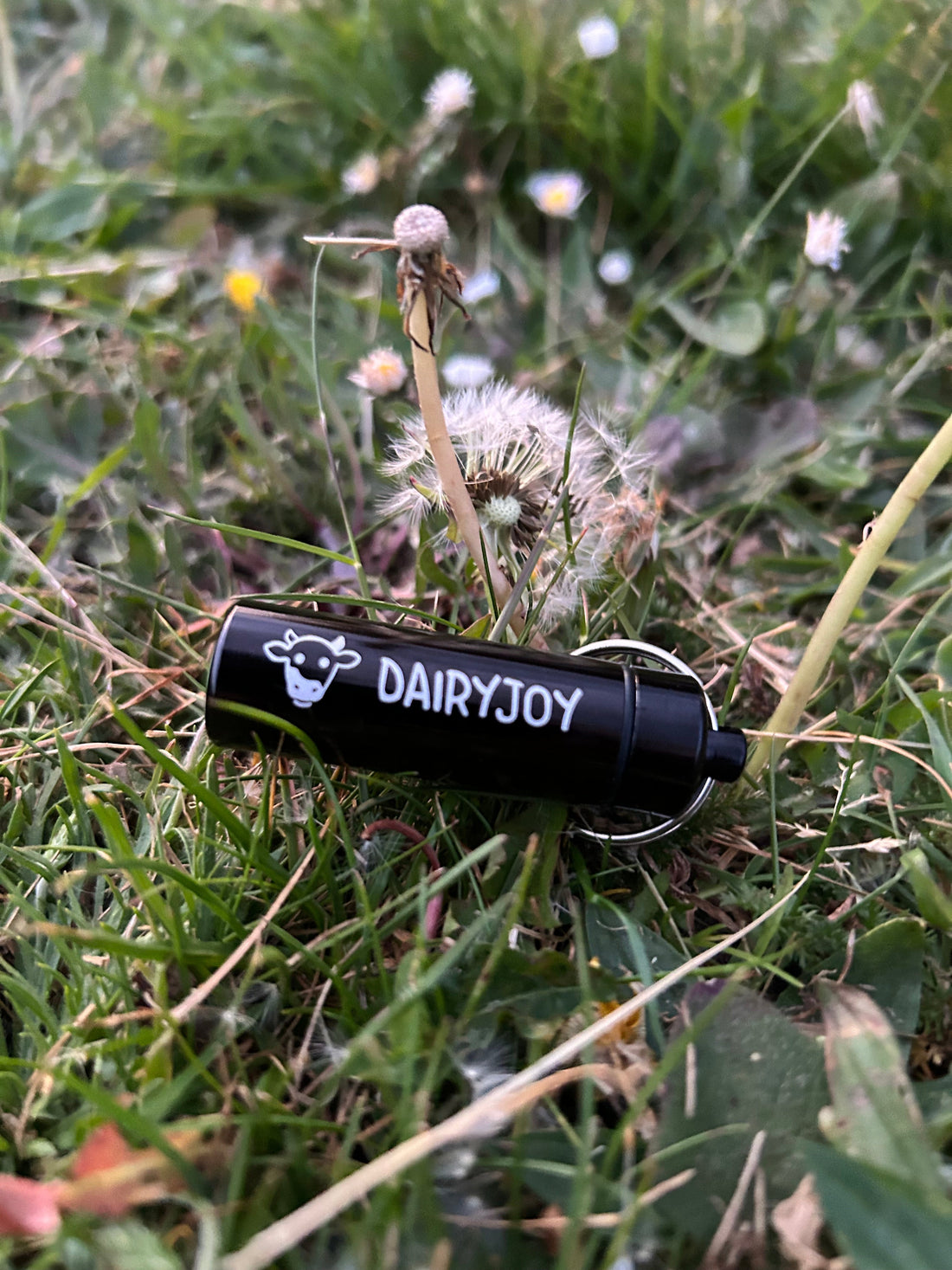
What is lactose intolerance?
Share
Lactose intolerance happens when your body struggles to digest lactose, the sugar naturally found in milk and dairy products.
This is due to low levels of an enzyme called lactase, which normally lives in your small intestine. Lactase’s job is to break lactose down into two simpler sugars — glucose and galactose — so your body can absorb them into the bloodstream.
Without enough lactase, lactose isn’t properly digested. It travels to your colon, where it ferments and causes symptoms like:
- Bloating and gas
- Diarrhoea
- Abdominal cramps
- Nausea
- Constipation (less common)
- Infant colic in babies
💡 Important: Lactose intolerance is not the same as a dairy allergy. A milk allergy involves the immune system reacting to milk proteins (like casein), which can be serious. Lactose intolerance is about digestion, not immunity.
If you're unsure which one you're dealing with, speak to your GP, dietitian, or healthcare provider for proper diagnosis.
Why does lactose intolerance happen?
There are a few different causes:
- Primary lactose intolerance is genetic and develops gradually, especially in people of African, Asian, or Middle Eastern descent.
- Secondary lactose intolerance happens temporarily after a gut illness (like gastroenteritis) or due to conditions like coeliac disease or IBD.
- Congenital lactose intolerance is extremely rare and affects babies from birth.
Most cases are not permanent, and tolerance can vary from person to person.
How do I know if I have it?
The easiest way to find out is a lactose exclusion trial:
- Remove all lactose from your diet for about two weeks.
- See if your symptoms improve.
- Reintroduce lactose slowly and monitor for symptoms.
Doctors may also suggest a hydrogen breath test, which measures how much hydrogen you exhale after consuming lactose (a sign of fermentation in the colon).
Do I need to avoid dairy forever?
Not at all! Most people with lactose intolerance can still enjoy small amounts of lactose — especially with some support.
Some dairy foods are naturally low in lactose, like:
- Hard cheeses (e.g. cheddar, parmesan)
- Butter
- Natural yoghurt (thanks to friendly bacteria that help break down lactose)
And if you want to enjoy your favourite creamy dishes or milky drinks without fear of symptoms, lactase supplements can help.
What are lactase supplements?
Lactase supplements provide your body with the enzyme it lacks to digest lactose. Taken before or with a meal, they help break down the lactose you eat so it doesn’t ferment in your gut.
This means less bloating, cramps, and toilet runs.
That’s where DairyJoy comes in 💡
Why try DairyJoy?
- 22,000 FCC lactase units — the strongest pill on the UK market
- Plant-based, made in the EU
- Up to 6-hour slow release — most standard pills last 30 minutes
- Split-friendly — take a full or half dose depending on your needs
Is lactose really that bad?
Interestingly, lactose has some health benefits. It feeds healthy gut bacteria (acting as a prebiotic) and may even help with calcium absorption.
That’s why many experts encourage gradually reintroducing lactose if possible. You can often build up tolerance over time — especially when paired with a high-strength enzyme like DairyJoy.
What about milk alternatives?
If you prefer to skip lactose completely, here are some popular dairy substitutes:
- Oat milk — creamy and barista-friendly
- Soya milk — high in protein
- Coconut, almond, or hemp milk — lower in protein but often calcium-fortified
✅ Choose ones fortified with calcium and vitamin D
❌ Avoid rice milk in children under 4½ due to arsenic levels
If you're switching to dairy-free long term — especially for kids — speak to a dietitian to ensure you're meeting your nutritional needs (calcium, iodine, B12, etc).
Final thoughts
Lactose intolerance is manageable, and it doesn’t have to mean the end of pizza, ice cream, or a splash of milk in your tea.
With a little trial and error, some label reading, and support like DairyJoy, you don't have to give up your favourite foods!
And remember:
🔎 If you’re unsure whether your symptoms are from lactose or something more serious (like IBS, coeliac disease, or a dairy allergy), don’t self-diagnose. Speak to your GP or dietitian to get it right from the start.
Try DairyJoy 💊
Because dairy is too good to give up.
Try DairyJoy, the UK’s strongest lactase tablet, at www.dairyjoy.co!
